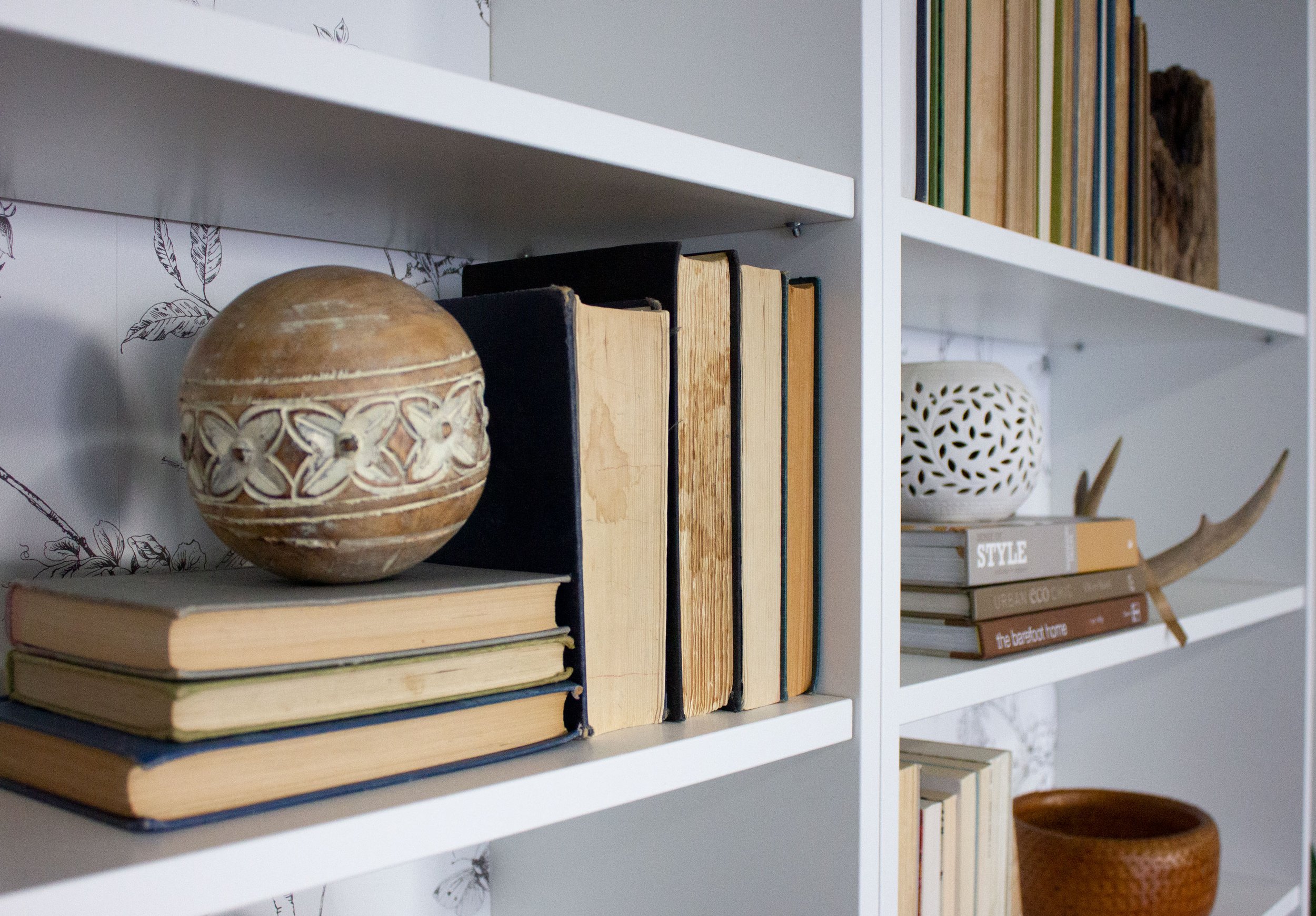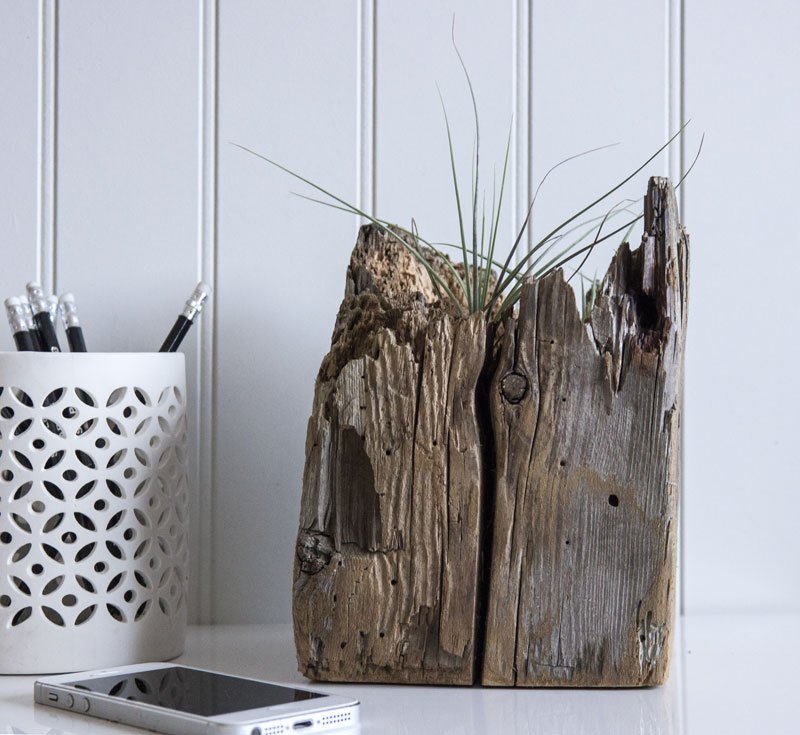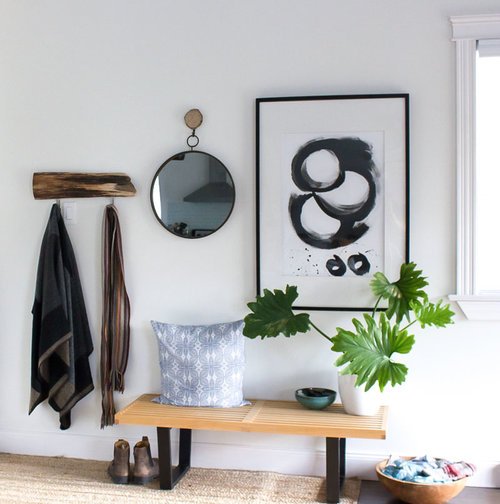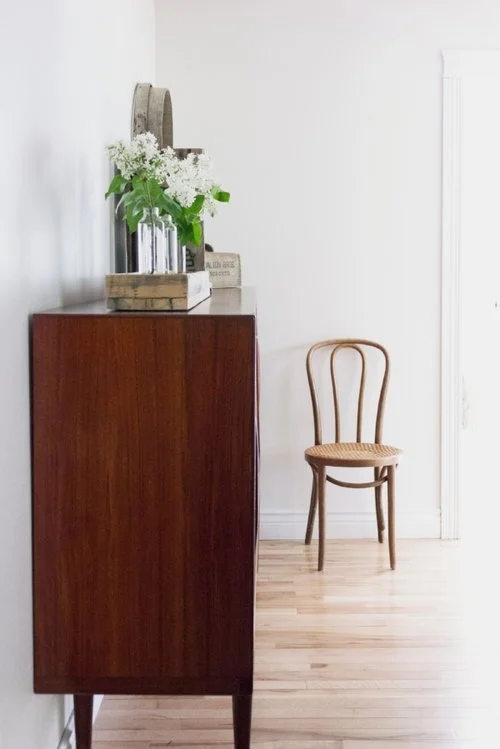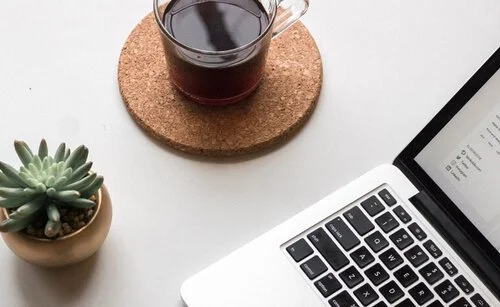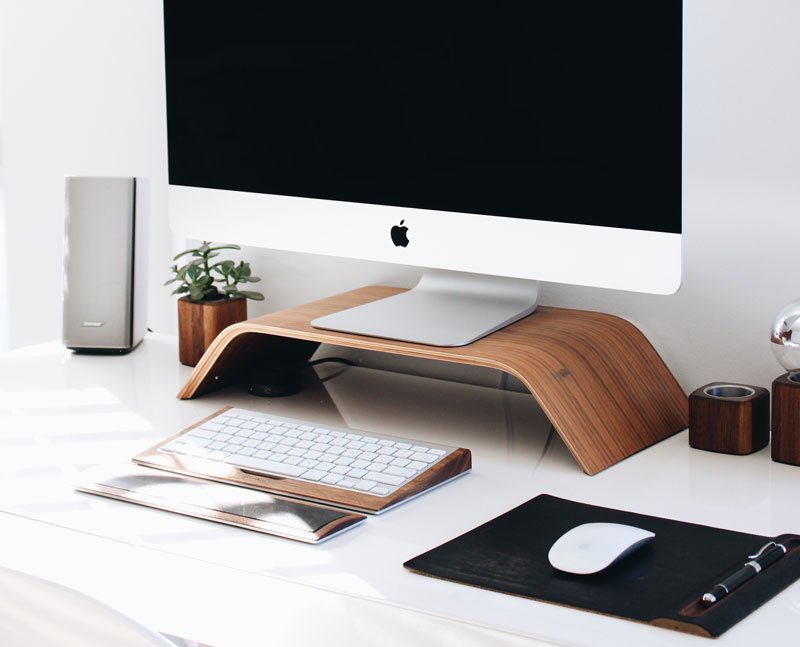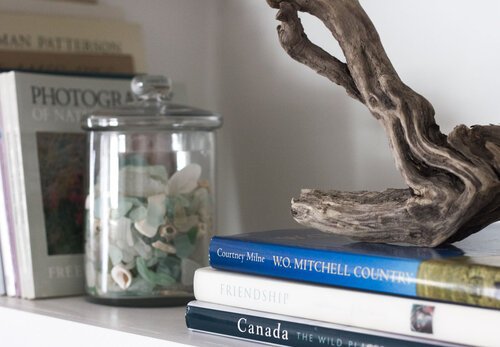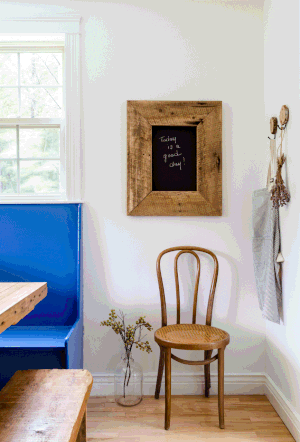The Cost Of Being Busy + 10 Steps To Find Balance
I'm sure you've noticed that in the last few years the standard response to "how are you?" has become "good, busy." Maybe you say it too?
Busy seems to have a positive connotation associated with being important, having purpose and/or doing well. If we're not busy, it seems perhaps that we're not productive. We keep busy at work and at home, we keep our kids busy and even our vacations are busy. Perhaps we're "accomplishing" a lot, but at what cost?
Over time, living a fast, busy life can cost us dearly.
The biological costs include cardiovascular and other diseases and even accelerated ageing. The psychological costs are equally serious and include anxiety, depression and addictions.
But perhaps the biggest cost is the opportunity cost.
When we are too busy to live a mindful life and notice what's going on around us, we miss out on paths we could have taken, relationships that may have enriched us, and growth openings that may have changed the course of our lives.
Is being busy all bad?
I don't think so, after all, this is real life and we all have responsibilities and ambitions. We just need to remember that we can accomplish more by intentionally spending time accomplishing the right things. When we slow down enough to consciously acknowledge our values and goals, and then spend our time on the essential things that will accomplish them, we'll be more balanced and feel less "busy".
So the solution to taming the chronic busyness that IS bad for us is simply to slow down and connect with our lives. It's to choose NOT to be busy, but instead, to be intentional.
It's to find a good balance.
Finding balance means connecting with who we are, what we value, and what we want to accomplish in life. It means determining what is essential for living the life we want, and realizing that other things, though perhaps seemingly urgent at the moment, are not essential.
Easier said than done, especially if you're in a busy season right now. But building good habits and taking care of yourself will give you the focus and balance you need to thrive.
STRATEGIES TO FIND BALANCE INSTEAD OF BUSY-NESS
1. Figure out what you want.
Determine your personal (and family) values and write them down.
Then write down what success looks like for you.
Next write down your personal goals for the year and month.
Set aside time at the beginning of each week to remind yourself of the values and goals you've written down, and decide what essentials need to be accomplished this week to make progress on them. Have a weekly planner or journal handy to make notes.
Then open your calendar - either paper or digital - and schedule them in.
2. Evaluate your commitments.
Examine why you're so busy by looking at all the other things on your calendar and to-do list that didn’t make your essential list above. Do these activities that are filling your schedule align with your values and goals?
Kids activities, networking, volunteering, weekend road trips...those are all really good things. However, if your packed schedule is leaving you feeling run down or if you're sacrificing the essential things, then they’re not so good. Find ways to say "no" to the things that are not serving you or others well. Realize that every time you say "yes" to one thing, you are saying "no" to something else.
3. Listen to how you feel day to day.
That will require some habitual quiet time to just breathe and listen to your body and your intuition. Take 5 minutes each day, preferably at the same time each day so it becomes a habit, just to enjoy quiet time with yourself. Pray if that's your thing and ask for guidance, then listen for the answer. Meditate, feel your breath, and listen to what comes. Stop thinking about what you "should" be doing and daydream about what you would like to do. Then start skewing your calendar more and more toward that.
Pro tip: set up a “calm corner” in your home where you can have some quiet time each day for being still. Check out ideas here.
4. Be mindful throughout the day.
Mindfully listen when talking to others, instead of thinking about if you agree or disagree or what you want to say next.
Fully experience your meals and notice the scent and taste without distraction.
Notice the sky and ground and the sounds around you as you come and go.
Pay attention to strangers as you commute to work or stand in line.
Take breaks from work to go for a short walk outdoors, mindfully noticing what's around you and breathing the fresh air.
Never multi-task; instead be fully present and focus on each task at hand, one at a time. Even the busy ones.
5. Learn to work smarter by streamlining.
Figure out your most productive time of the day and block it in your calendar for essential work. For many, that's the morning, so make sure to protect them and not let other things - like responding to email messages - creep in. Use technology to your advantage to gain back time spent on project management, social media, and financial tasks. Things like social media scheduling apps, setting up automatic bill payments, and automating invoicing and response emails can be very efficient and allow you to conserve your time and brainpower.
6. Declutter and simplify your home so you can establish healthy habits more easily.
When you get rid of clutter and make your spaces very functional and soothing, it's easier to build and maintain healthy habits that will help you fight busyness and find balance. Things like:
Eating well (here's how to simplify your kitchen for cooking and baking)
Sleeping well (here how to make your bedroom a sleep oasis).
7. Make time to read.
I know this is hard when you're busy or distracted, but I really find reading to be so essential in lifting us from our own self-involvement to get perspective and space. Start by going to bed 10 minutes earlier to read before lights out. Begin with one of my all-time favourites books: Essentialism, by Greg McKeown.
8. Take a digital detox vacation at home.
Vacations are important, but not always the ones where you're spending time and money travelling and rushing from place to place to cram in as much as possible, or driving hours to a destination to give the kids an "experience" only to have them in the back seat on their phones the whole time.
Simply unplug at home. Schedule a long weekend or even a full week with no phones or computers allowed. Just play - you remember - like we did when we were kids! Get outside. Sit in the sun. Read books. Have a picnic. Go for a hike. Clean the yard as a family. Go to the local beach or park. Have a movie and popcorn night.
I promise that downtime at home - but away from work and email and daily responsibilities - will make you more productive throughout the year.



